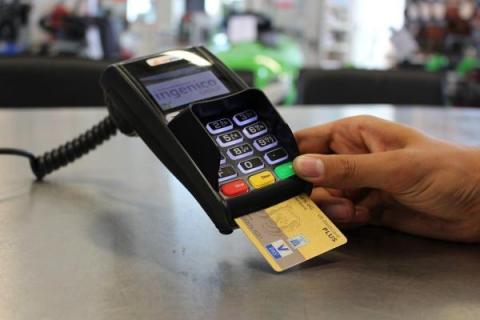New Survey Shows 40% of People Searching for a Job Encountered a Scam
A survey by PasswordManager.com has found that one in three job seekers has fallen for, and responded to, fake job scams over the past two years. “Nearly 4 in 10 respondents, all of whom have searched for a job within the last two years, say they’ve encountered job postings that turned out to be a scam,” the researchers write.






